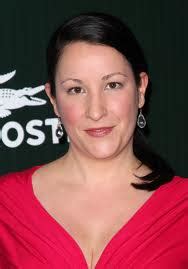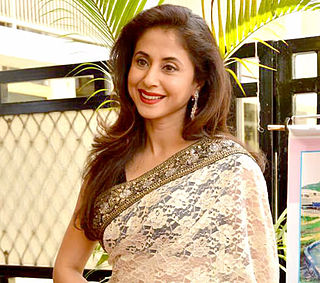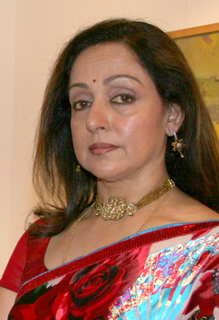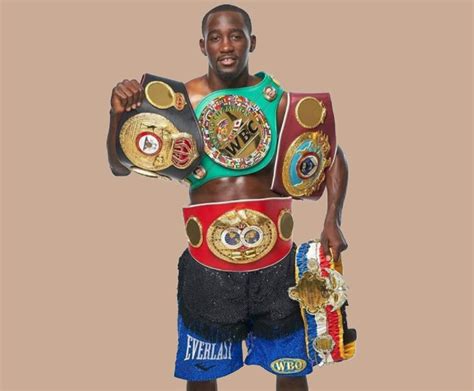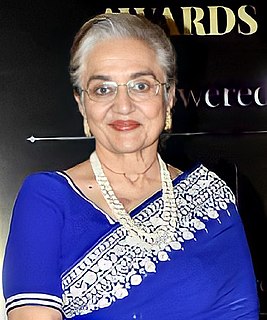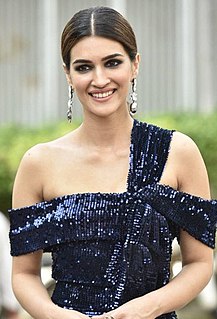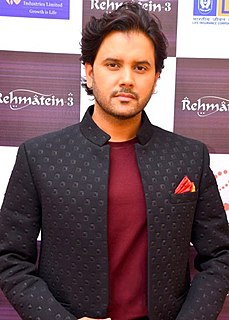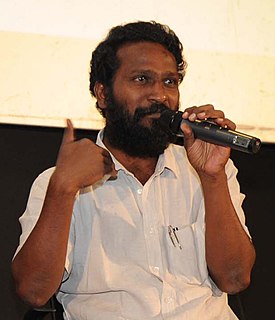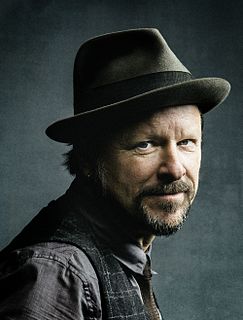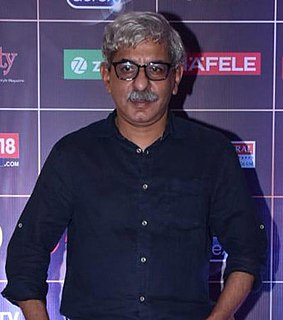A Quote by Raashi Khanna
Acting was not on my radar ever, but after shooting my first film, I have realised that this is my calling.
Related Quotes
I think that you're very aware that you're shooting a 3D film for a movie that's beloved to the fan community, and that it's going to be on people's radar, and that you have to be excellent. I think it evolved over time how epic it has become. The first time we went to Comic-Con after we finished shooting I went, "oh my goodness, oh my goodness!"
If you make a film, that magic is not there, because you were there while shooting it. After writing a film and shooting it and being in the editing room every day, you can never see it clearly. I think other people's perception of your film is more valid than your own, because they have that ability to see it for the first time.
I started my career with her. I was supposed to do my first film in Tamil in which she was the other heroine. The film was titled 'Vennira Aadai.' It was a love triangle, with Jayalalithaaji and I playing the hero's two love interests. But the director Sridhar removed me from the film after a few days' shooting.
When I started doing advertisements, I really enjoyed the whole process of shooting, and I realised that I could do the little bit of acting required quite easily. My directors also told me that I have a flair for acting and that I should polish it and try for films. Then I thought I probably had it in me - why not give it a shot?
I was at a Madonna show many, many years ago and I was in the sweet spot and she came out and I mean it was the best part of the show. And I was shooting, shooting, shooting, shooting. And I'm like, "God, I must have shot a hundred pictures have I not run out of film?" And I opened the back of my camera and there was no film in there. So that happened to me only once.
Not only do I look at the playback with the actors, but I look at the on-set assembly footage with the sequences with my actors as well. These are the reasons why I take twice as much time to shoot a film in Korea. Thinking back, I remember on my first ever Korean film, I never used any playback or on-set assembly, so all I had to do was to tell myself it's just like making my first ever Korean-language film. After that, I felt right at home.

